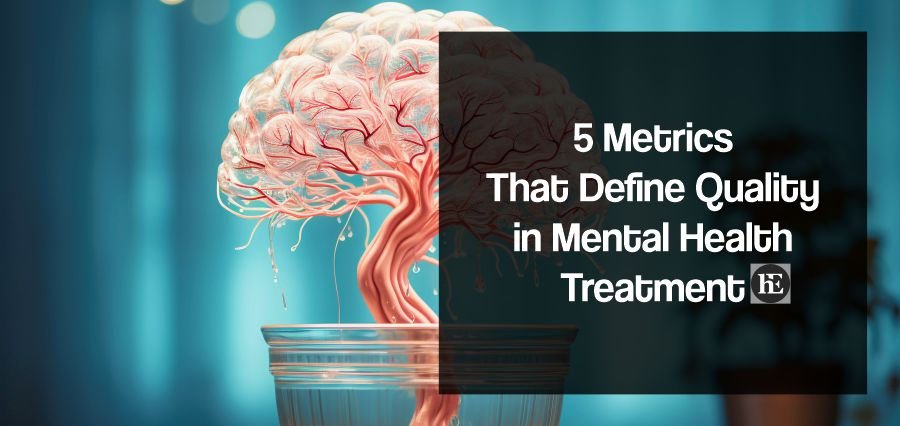Integrating Traditional and Modern Medicine: A Comprehensive Approach to Healthcare
The ongoing transformation of global healthcare has led to an increasing acknowledgment of the significance of blending traditional and contemporary medical practices. Traditional medicine, with its profound cultural heritage and holistic perspective, has been utilized for millennia across diverse cultures. Conversely, modern medicine, propelled by scientific inquiry, technological advances, and evidence-based interventions, has dramatically transformed patient care and outcomes. The fusion of these two methodologies can provide individuals with a more thorough, tailored, and effective healthcare experience.
The Significance of Traditional Medicine
Traditional medicine includes an extensive array of practices such as herbal medicine, acupuncture, massage techniques, and spiritual healing, many of which have been transmitted through generations. These practices concentrate not solely on remedying the illness but also on enhancing overall health by addressing physical, emotional, and spiritual dimensions. For instance, in Chinese medicine, acupuncture is employed to restore energy balance within the body, while Ayurveda, which is prevalent in India, focuses on harmonizing body, mind, and spirit through natural treatments and dietary practices.
Integrating traditional techniques into contemporary healthcare systems provides a distinct advantage. One key aspect is that traditional medicine often prioritizes prevention, emphasizing lifestyle modifications and natural therapies to help individuals avert illness. This preventative focus complements the modern medical system’s concentration on treatment and resolution. Additionally, numerous traditional remedies, such as specific herbs and natural substances, are being evaluated scientifically for their therapeutic benefits within modern medicine.
Modern Medicine: Effectiveness and Evidence-Based Practices
Modern medicine, particularly in surgery, pharmacology, and diagnostic fields, has achieved remarkable progress. From life-saving surgeries to vaccine creation, modern medicine has significantly enhanced the quality of life for countless individuals globally. A notable strength is its foundation on scientific research and clinical trials to verify the safety and effectiveness of treatments.
Nonetheless, while modern medicine has proven essential for addressing acute conditions and emergencies, it has faced criticism for its tendency to treat symptoms rather than tackle fundamental causes, particularly concerning chronic illnesses. Recently, there has been an increased interest in holistic care, which entails treating individuals as a whole rather than merely targeting the disease. Here, traditional medicine can enhance modern practices by providing a more customized, patient-focused healthcare experience.
The Argument for Integration: A Comprehensive Perspective
The merging of traditional and modern medicine can connect the treatment of illness with the promotion of overall well-being. For example, patients undergoing cancer therapy may find relief through traditional methods like acupuncture, which can assist in alleviating pain, nausea, and fatigue. Likewise, herbal supplements can complement modern treatments to enhance immunity, aid digestion, or diminish inflammation, provided they are administered under the supervision of a healthcare professional to avoid possible interactions.
The idea of integrative or holistic medicine is gaining momentum in numerous healthcare systems, especially as patients and professionals acknowledge the necessity for a more all-encompassing approach. Numerous hospitals and clinics worldwide are beginning to integrate complementary therapies, including massage, acupuncture, and mindfulness practices into their treatment regimens. These therapies are particularly advantageous for patients with chronic ailments such as arthritis, diabetes, or hypertension, where effective long-term management is crucial for sustaining quality of life.
A holistic approach accentuates the interconnectedness of the body, mind, and spirit. This perspective encourages patients to become active participants in their healing process, empowering them to make healthier lifestyle decisions and incorporate stress-reduction practices like meditation or yoga, which have been demonstrated to promote both physical and mental wellness.
Overcoming Challenges
Although there is increasing awareness of the advantages of merging traditional and contemporary medicine, obstacles to its widespread implementation remain. A major obstacle is the absence of standardized regulation and oversight for traditional practices, leading to potential concerns regarding their safety and effectiveness. Modern medicine operates under stringent regulations that ensure treatments undergo testing and receive approval for use. In contrast, many traditional remedies do not possess the same level of scientific verification.
Another obstacle is the hesitance of certain healthcare providers to adopt alternative methods. Numerous healthcare professionals are trained to prioritize evidence-based practices and may be doubtful of treatments that lack a robust scientific basis. Furthermore, patients may feel uncertain about the effectiveness of traditional methods or worry that they could interfere with their prescribed treatments.
Conclusion
Bringing together traditional and modern medicine symbolizes a comprehensive approach to healthcare that can provide patients with the advantages of both methodologies. By merging the strengths of each—modern medicine’s technological progress and traditional medicine’s emphasis on wellness and prevention—healthcare can become more individualized, patient-focused, and impactful. However, to realize this approach effectively, additional research, collaboration, and education are crucial to ensure that both systems are utilized safely and in a complementary manner. As the healthcare landscape continues to change, integrating traditional and modern practices could be essential in developing a more all-encompassing and holistic system that addresses both immediate medical requirements and long-term health.
Latest Article
-
 11 Questions Life Coaches Ask That Change How You ThinkArticle
11 Questions Life Coaches Ask That Change How You ThinkArticle -
 8 Real Benefits of Life Coaching That Go Beyond MotivationArticle
8 Real Benefits of Life Coaching That Go Beyond MotivationArticle -
 Blaze Schwaller: For Every Person Who Has Ever Felt Too Much, Too FastArticle
Blaze Schwaller: For Every Person Who Has Ever Felt Too Much, Too FastArticle -
 5 Metrics That Define Quality in Mental Health TreatmentArticle
5 Metrics That Define Quality in Mental Health TreatmentArticle -
 6 Lessons Healthcare Leaders Can Learn From Behavioral Health SystemsArticle
6 Lessons Healthcare Leaders Can Learn From Behavioral Health SystemsArticle
